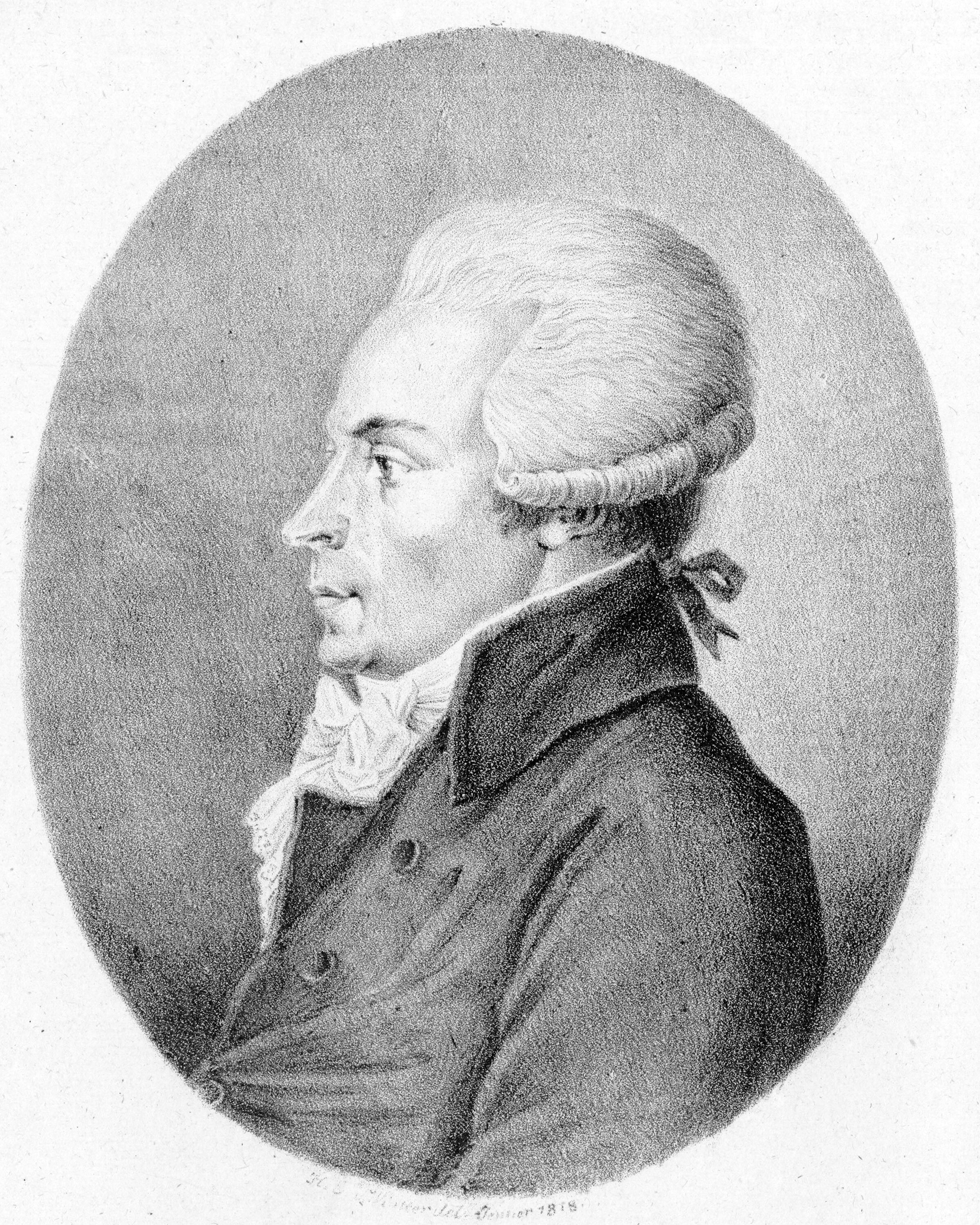Antonín Rossler-Rosetti
1750 – June 30, 1792, born Franz Anton Rösler, changed to Italianate form by 1773)
classical era composer and double bass player, and was a contemporary of Haydn and Mozart
Violin Concerto in D minor, C9, III:5
Anton Steck (violin), Kurpfälzisches Kammerorchester, Johannes Moesus
I. Allegro majestoso – 00:00
II. Adagio – 08:46
III. Rondeau. Moderato – 14:23
The occasional disambiguation with a supposed, but non-existent, "Antonio Rosetti born 1744 in Milan", is due to an error by Ernst Ludwig Gerber in a later edition of his Tonkünstler-Lexikon having mistaken Rosetti for an Italian in the first edition of his own Lexikon, and therefore including Rosetti twice - once as an Italian, once as a German-Czech.
„One of the most beloved composers of our time. [...] And certainly something easier, fuller of light, and more honey-sweet than the pieces of this man can hardly be imagined.” It was thus that Christian Friedrich Daniel Schubart wrote of Antonio Rosetti around 1785 in his Ideen Zu Einer Ästhetik Der Tonkunst.
More than half of Rosetti's more than four hundred extant works (including forty-four symphonies, more than sixty solo concertos, above all for winds, wind partitas, chamber music, piano compositions, and vocal works) were printed during his lifetime by renowned music publishers (Andre, Artaria, Bossler, Hummel, Sieber, etc.). Although his music, which his contemporaries placed on the same level as that of Haydn and Mozart, was praised for its imaginative instrumentation (with his treatment of the wind parts in the orchestra in particular bringing him universal praise), catchy melodies full of brilliant ideas, contrapuntal refinement, and structural cohesion, it fell into oblivion after 1800.
Rosetti probably wrote six concertos for solo violin and orchestra, and five of these works are extant in full. The Violin Concerto in D minor (Murray C9) numbers among the few works by Rosetti in a minor key. It may have been composed sometime around his Paris stay.The long orchestral introduction typical of Rosetti in the first movement is dominated by a wide-ranging first theme, which, in turn, is followed by appealing major and minor motifs in entertaining alternation. The solo violin begins with a new motif and in its alternation of melodic and virtuoso passages exhibits its own unique compositional signature. The simple D major theme of the winds at the beginning of the second movement, which is in the manner of a romance, is embellished by the solo violin. Here Rosetti reveals an atmospheric wealth establishing his credentials as a master of the sensitive, intimate tone. The profoundly emotional romances of the coming years anticipating the world of romanticism have their origin here. The concluding Rondeau in D major, with the D minor of the first movement recurring only in the episodes, successfully combines motifs of dance stamp from Bohemia with virtuoso passage work and bariolage effects, thus paying refined and varied tribute to Parisian musical taste. Toward the end of the movement one is briefly reminded of Vivaldi' seasons, until here too a blaring wind part powerfully concludes the movement.”(album notes by Johannes Moesus)
'♣ 음악 감상실 ♣ > - 바이올린' 카테고리의 다른 글
| Giovanni Battista Viotti - Violin Concerto No.9 in A Major, G.51 (0) | 2019.09.09 |
|---|---|
| Josef Bohuslav Foerster - Violin Concerto No. 1 c minor, Op. 88 (0) | 2019.08.21 |
| Charles-Auguste de Bériot: Violin Concerto No.2 in B minor, Op.32 (0) | 2019.07.27 |
| Florence Price: Violin Concerto No. 1 , 2 (0) | 2019.07.22 |
| Francesco Antonio Rosetti - Violin Concerto in D major, Murray C6 / Kaul III:9 (0) | 2019.07.21 |
